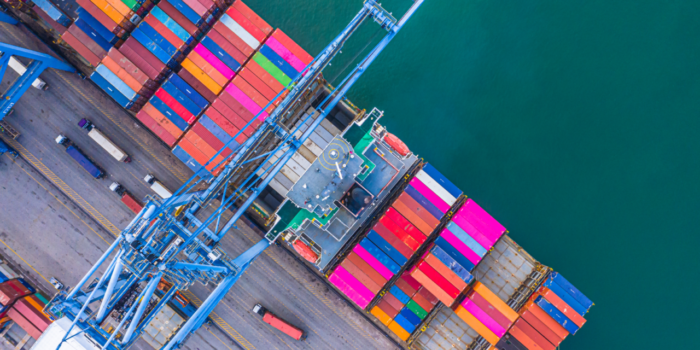The US Congress introduced a legislationto to help ports deal with the challenges of extreme weather events.
More specifically, the Resilient Ports Act, in addition to building resiliency, also aims to enable funding for port infrastructure projects that cut the overall carbon footprint from port operations.
Commenting on the bill, Chair of the Committee on Transportation and Infrastructure Peter DeFazio, stated:
Like so much of our nation’s infrastructure, our ports are years, even decades behind the times, which affects our global competitiveness in the maritime sector. This bipartisan legislation – which will help reduce carbon pollution and ensure our ports are resilient to events related to climate change – is a key part of the solution
What is more, this bill also:
- Increases the set aside for inland river and small ports from 18% to 25%. These funds can be used for capital improvements to improve the movement of goods;
- Adds additional selection considerations for projects that address dangers to port infrastructure such as sea-level rise, flooding, and extreme weather events;
- Sets out resilience projects as those anticipating, adapting to, and recovering from disruptions to port infrastructure and vital operations; and
- Makes technical corrections within PIDP to clarify inland ports mean inland river ports.






























































